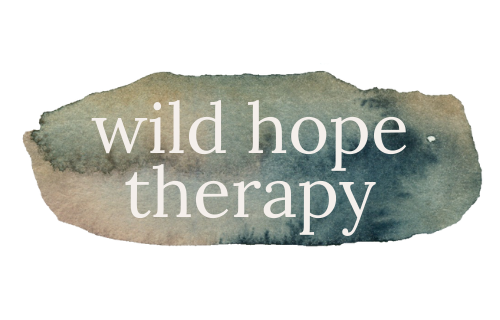what is short-term therapy or brief therapy?
There is a movement in the mental health community around short-term care. Oftentimes this is due to insurance coverage or Employee Assistance Programs, but sometimes it can be exactly what we need in a certain stage of life.
Short term care can be beneficial in many scenarios:
You are seeking space to check in around a specific topic or concern.
You’ve had long-term counseling previously and just need to brush up on some coping skills.
You’ve had long-term counseling previously, and have noticed a recent increase in symptoms that were previously managed.
This is your first time attending counseling and want support in a life transition such as a new relationship or changing your career.
You want to prepare for an upcoming event or transition.
Wherever you may find yourself, a shorter term of care can feel supportive through the identification of specific goals and direct, intentional problem-solving.
Brief therapy usually lasts eight to ten sessions. You and your therapist will decide on 1-3 short, realistic, and focused goals. These goals can be related to a pattern of behavior you might be noticing, but will also address the underlying learned beliefs and messages about yourself and the world.
Short-term work asks for a willingness to have honest check-ins with yourself. Your therapist will provide accountability planning to make sure you are sticking to your chosen goals, while also creating space for goals to be changed or modified. Brief therapy means rolling up your sleeves and recognizing how your thoughts, feelings and sensations can impact your behavior. It is intensive work that will inform a strategy for change that lasts well beyond your 8-10 session.
One evidence-based approach used in brief therapy is Solution-Focused Therapy. Solution-Focused Therapy focuses on, you guessed it, the solution. This therapeutic technique offers scaling questions to determine your own goals, motivations, and confidence towards change. Additionally, the client is empowered to decide what the solution looks like, not the therapist. This creates a higher level of intrinsic motivation, resulting in the changes of behavior you wish to see.
If a brief, focused approach feels right for your personal style or stage of life, consider a short-term therapeutic care approach. Julie Iuliano, LISW uses this style of therapy in her practice and offers a free consultation to find out if brief therapy is right for you.
